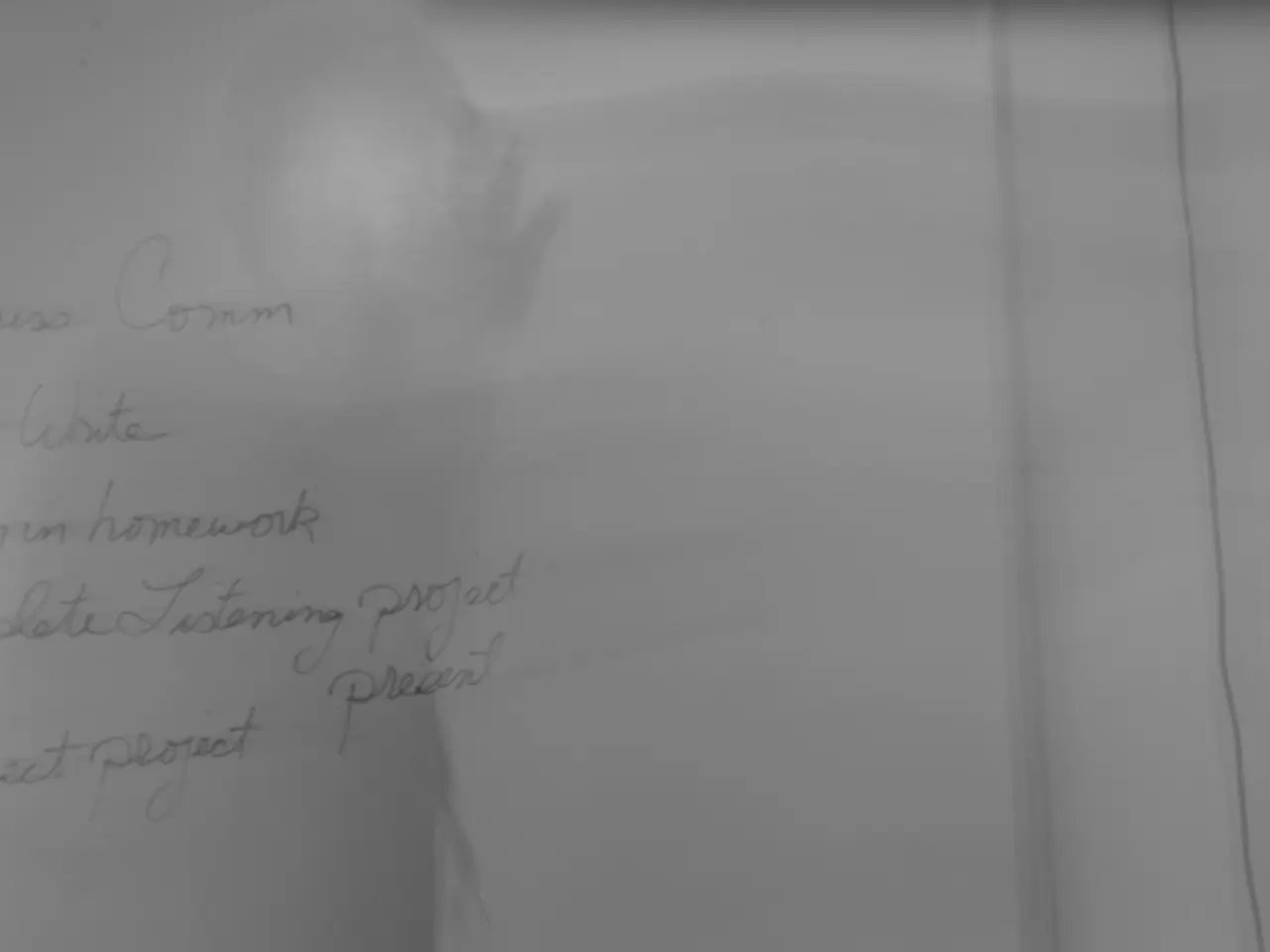Liability for deceitful business practices under the Insolvency Act in the UK is not limited to individuals within the company.
UK Supreme Court Clarifies Third-Party Liability in Fraudulent Trading Cases
In a landmark decision, the UK Supreme Court has clarified the scope of third-party liability under Section 213 of the Insolvency Act 1986, restricting it to those engaged in fraudulent trading as part of the company's management or control.
The ruling, in the case of Bilta (UK) Ltd v Tradition Financial Services Ltd, emphasizes the narrow scope of "party to" the carrying on of the company’s business with intent to defraud. This restricts it to those in control or management of the fraudulent company, not external third parties such as service providers or financiers.
The judgment limits the reach of Section 213 claims, excluding third parties who might be involved in or benefit from the fraud but who are not involved in the company’s management from being held liable for fraudulent trading under this section.
The court also addressed related limitation issues, ruling that certain claims against third parties for dishonest assistance were time-barred despite the companies being restored after being struck off. It clarified that the assumption of directors during the restoration period is a factual question, and limitations are not automatically extended by the Companies Act provisions.
In summary, the impact of the Supreme Court decision is to restrict third-party liability under Section 213 to those engaged in the fraudulent trading as part of the company’s management or control, rather than broadly to all parties involved in or benefiting from the fraud. This clarifies and limits the potential scope of fraudulent trading liability in insolvency cases.
The case of Bilta v Tradition Financial Services concerned a complex VAT fraud scheme using several companies, at the end of which Bilta (UK) entered insolvent liquidation owing substantial amounts to HMRC. Tradition Financial Services was accused of acting as a broker within the fraudulent scheme and was sued by Bilta's liquidators for fraudulent trading under Section 213 and dishonest assistance.
The Supreme Court found that any assumptions about the officers deemed to be in post during the intervening period are a question of "counterfactual" fact to be demonstrated on the balance of probabilities by the party advancing that position. The court also determined that the scope of section 213 is broad enough to encompass third parties like Tradition, and that Bilta's dishonest assistance claims were not time-barred.
The clarification on the scope of section 213 is welcome to insolvency practitioners and creditors as it provides clear authority for the pursuit of third parties who knowingly trade with insolvent businesses. The ruling contrasts with the decision in OT Computers Ltd V Infineon Technologies AG [2021] EWCA Civ 501, where it was held that the reasonable diligence threshold would be different for a non-trading company in liquidation (managed by liquidators) than for a trading company.
The Supreme Court's ruling makes it difficult for previously liquidated companies to argue that time should be paused for limitation purposes during their dissolution. The decision upholds a broad interpretation of section 213 of the Insolvency Act 1986, making third parties knowingly dealing with a fraudulent business liable for contributing to the company's assets.
In the context of financial business dealings, the UK Supreme Court's ruling in the case of Bilta (UK) Ltd v Tradition Financial Services Ltd reiterates that third-party liability under Section 213 of the Insolvency Act 1986 is limited to those engaged in the fraudulent trading as part of the company’s management or control, not external parties such as financiers or service providers. Moreover, the court finding asserts that denoting parties involved in dishonest assistance as being within the company's management or control is a matter of factual evidence to be demonstrated on the balance of probabilities.




